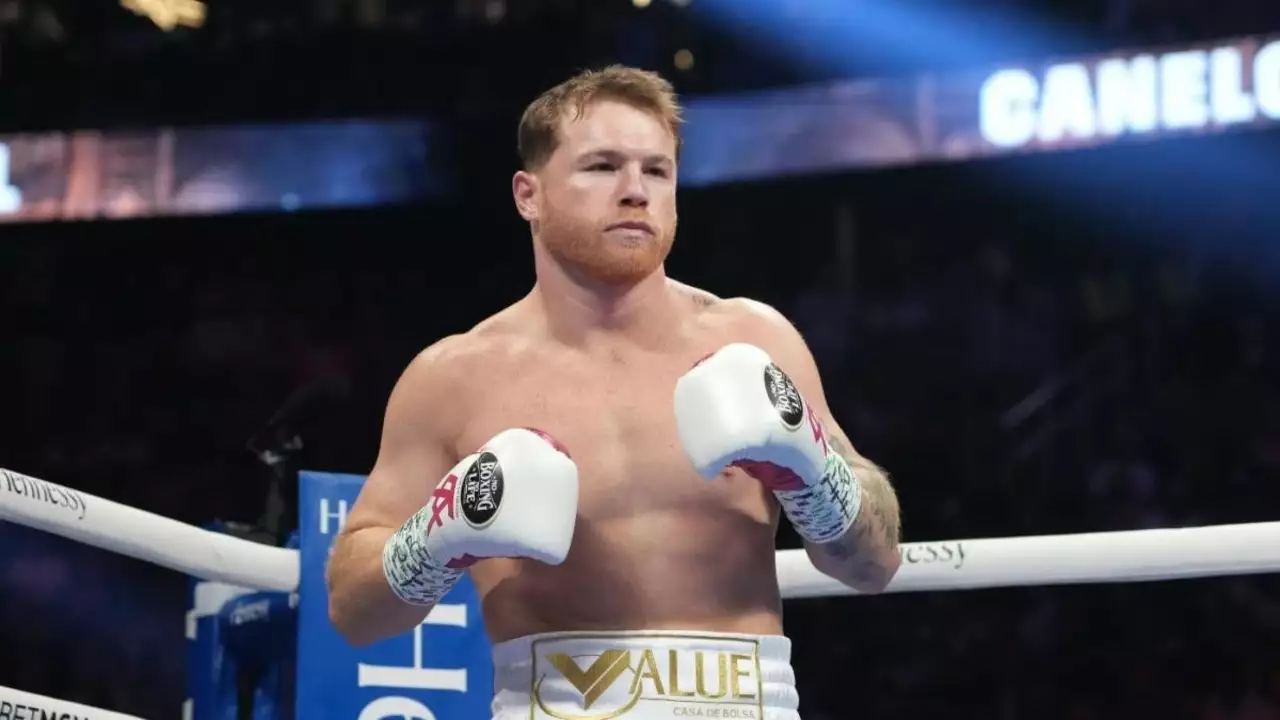All‑Time Great Boxers: Who Really Earns the Title?
Ever wonder why some fighters are called "all‑time greats" while others fade into the background? It isn’t just about the number of fights or the size of the paycheck. The best boxers combine skill, heart, and a lasting impact on the sport. In this guide we’ll break down what makes a boxer an all‑time great and highlight the British legends who fit the bill.
Defining an All‑Time Great
First off, an all‑time great needs a record that stands up to scrutiny. Think of fighters who racked up wins against top‑tier opponents, not just easy strolls. Consistency matters too – a champion who defends titles year after year shows dominance that goes beyond a single lucky night.
Second, style and innovation play a huge role. When a fighter brings something new to the ring – whether it’s an un‑breakable defense, a knockout power that reshapes a weight class, or a tactical mind that forces opponents to change their game plan – they leave a mark that other boxers try to copy.
Third, cultural impact can push a boxer into the all‑time great conversation. Look at how Muhammad Ali transcended sport, or how Tyson Fury turned a personal struggle into a global comeback story. Fans remember the moments that resonated outside the ropes as much as they remember the fight statistics.
Britain’s Hall of Fame Legends
Britain has produced a steady stream of fighters who fit the all‑time great criteria. Lennox Lewis, for example, combined a massive reach with a disciplined jab that helped him dominate the heavyweight division for years. He never lost a fight as a professional, and his Olympic gold medal gave him a credible amateur pedigree.
Then there’s Henry Cooper, whose lightning‑fast hand speed and relentless pressure made him a feared opponent in the lightweight ranks. Cooper’s back‑to‑back title defenses set a standard for British boxers aiming for longevity.
More recent fans can point to Tyson Fury, a modern heavyweight who blends size, skill, and showmanship. Fury’s ability to bounce back from personal setbacks, reclaim the WBC title, and keep the heavyweight conversation alive in the UK proves that greatness isn’t just about talent – it’s about resilience.
Don’t forget about the historic greats like Jimmy Wynn, whose aggressive southpaw style in the 1920s helped put British boxing on the map. Even though he fought nearly a century ago, his influence still pops up when trainers talk about footwork and inside fighting.
What ties all these names together? They each have a clear fight record, a distinctive style, and a story that still gets fans talking. That’s the recipe for an all‑time great.
If you’re new to boxing, start by watching a few classic fights from these legends. Notice how Lennox Lewis uses distance, how Henry Cooper mixes combinations, and how Tyson Fury changes tempo mid‑fight. Each clip offers a masterclass on what it means to be the best.
Bottom line: An all‑time great isn’t just a boxer's résumé; it’s a blend of performance, innovation, and lasting influence. Whether you’re a UK fan or a casual observer, the fighters above set the benchmark you’ll keep hearing about for years to come.
Will Canelo Alverez go down as an all-time great boxer?
As a boxing fan, I've been closely following Canelo Alverez's career and it's been an incredible journey. His record speaks for itself and it's hard to deny that he has cemented a place among the best. With his aggressive style, great footwork, and iron chin, Canelo has dominated various weight classes. The question of whether he'll go down as an all-time great is subjective, but in my opinion, he's already there. His influence in the sport and his impressive performances in the ring have truly set him apart.

 Entertainment
Entertainment